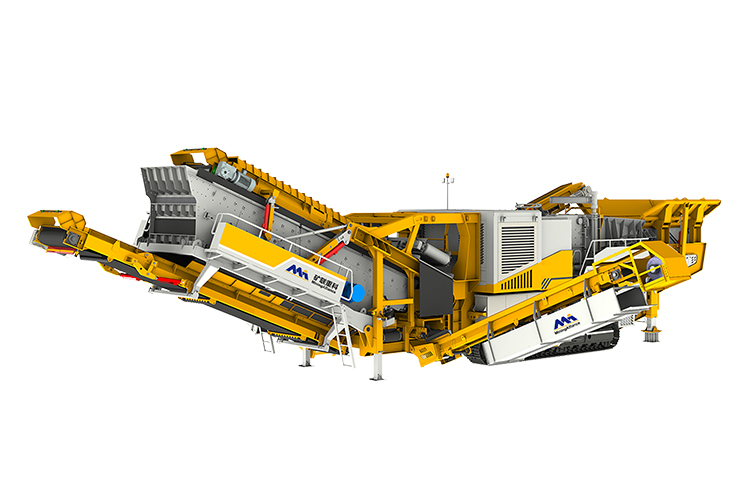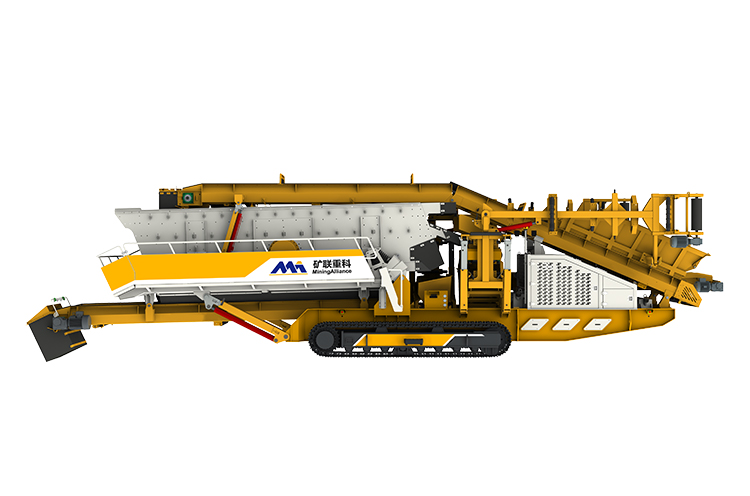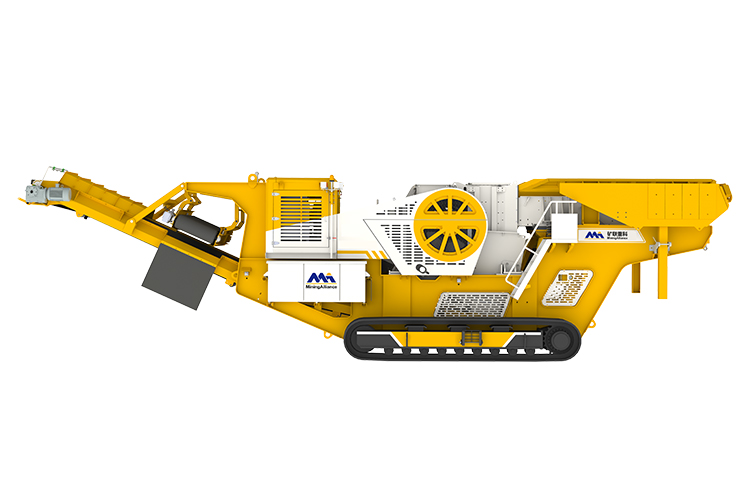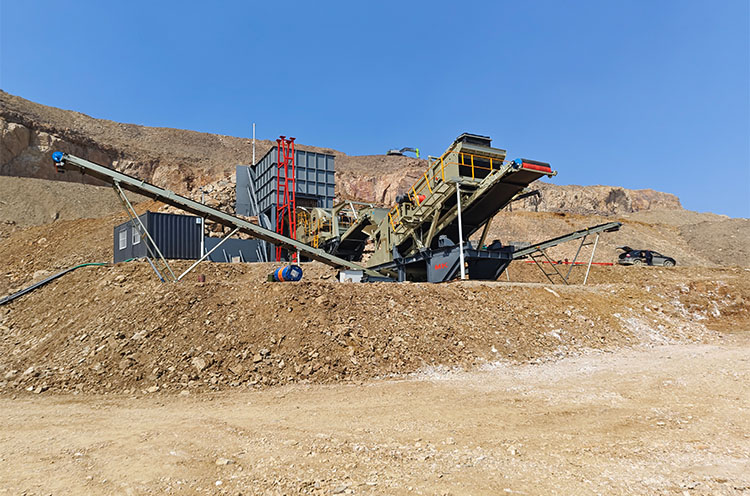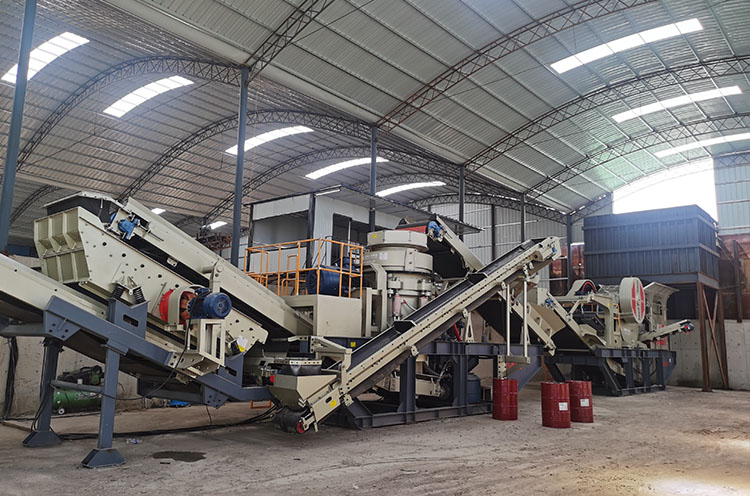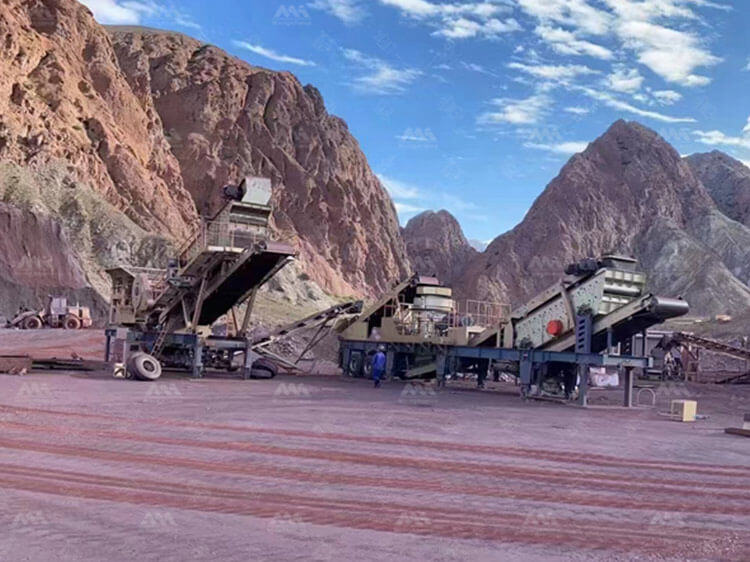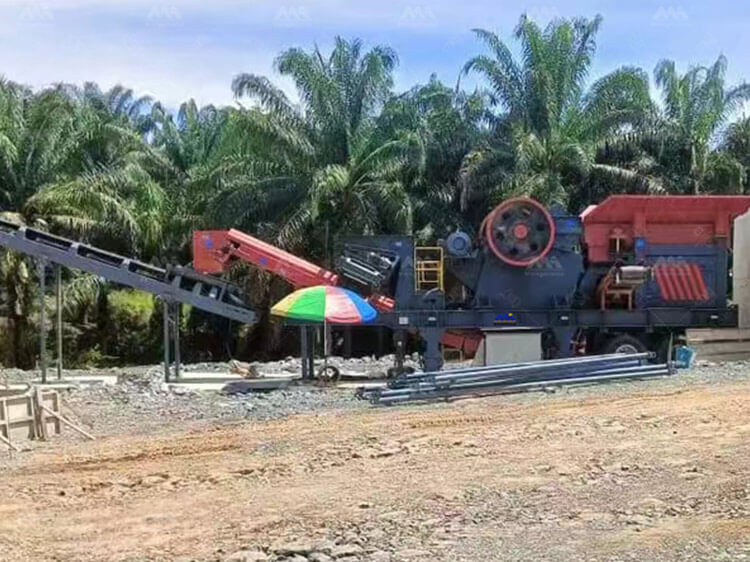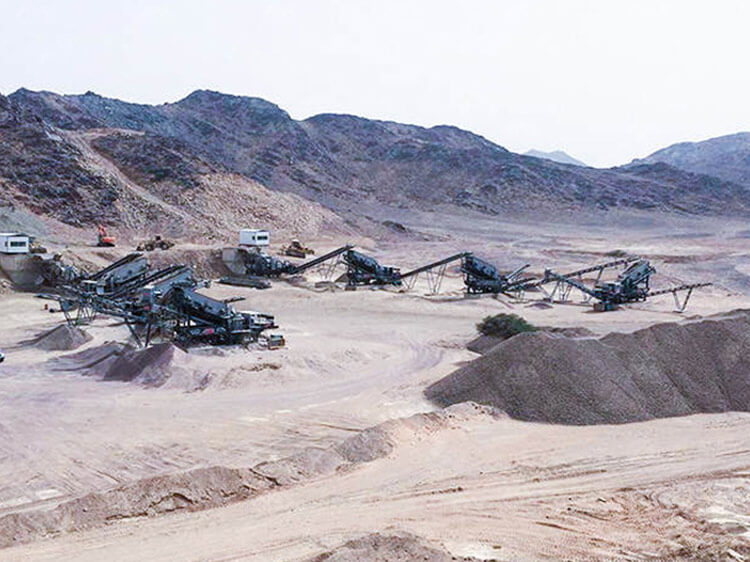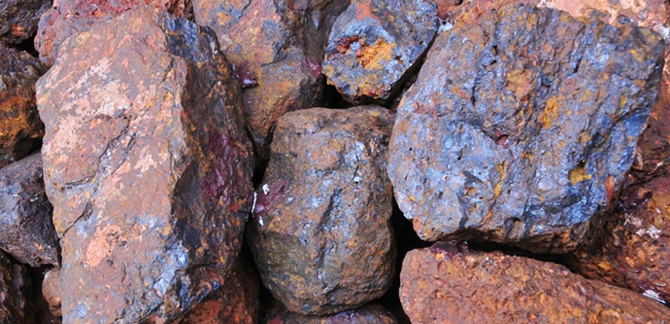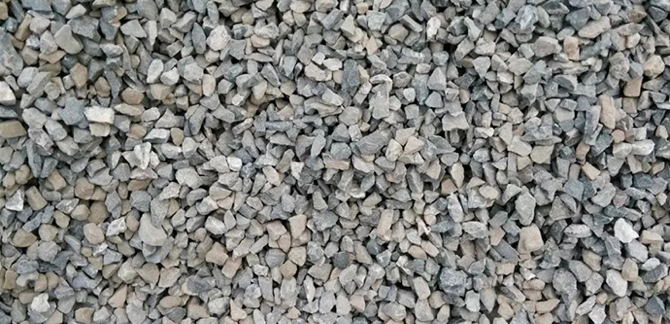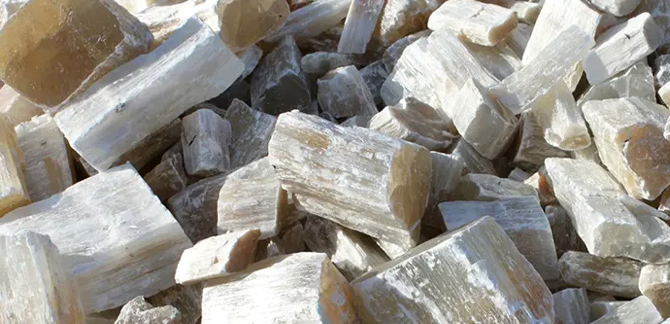Introduction to River Stone
River stone is a natural stone sourced from ancient riverbeds, lifted by geological activity millions of years ago. With the increasing restrictions on natural sand mining and growing infrastructure demands worldwide, river stone has become a key raw material for manufactured sand production, offering a sustainable solution for construction aggregates.

Advantages of Mobile Crushing Plants for River Stone
Mobile crushing plants are ideal for river stone processing because they combine mobility, efficiency, and adaptability. They can be quickly transported to different sites, reducing material hauling distances and operational costs.
Key Advantages:
- Stable Performance: Ensures consistent aggregate quality under continuous operation.
- Ease of Operation & Maintenance: User-friendly controls and easy access to components reduce downtime.
- Excellent Aggregate Shape: Produces well-shaped sand and gravel suitable for construction and landscaping.
- Flexibility: Can handle varying stone sizes and different crushing stages at the same site.
Typical River Stone Mobile Crushing Process
A river stone mobile crushing plant generally includes:
- Primary Crushing (Mobile Jaw Crusher): Reduces large stones to manageable sizes.
- Secondary Crushing (Mobile Cone/Impact Crusher): Produces desired aggregate size and shape.
- Screening and Conveying: Vibrating screens sort aggregates, and conveyors transport finished products.
Applications in Industry
Crushed river stone from mobile plants is widely used in:
- Construction: Road base, concrete, building foundations.
- Infrastructure Projects: Bridges, dams, urban development.
- Landscaping & Decoration: Garden paths, water features, decorative gravel.


